Russian
Technical-legal translation into Russian and the cultural adjustment of texts for post-Soviet states
Before tackling a Russian translation or assigning it to a specialised translation centre, we suggest making some assessments which may significantly improve the communication efficacy of the translated text.
First of all, we remind you that a translation into Russian can speak to many populations, even beyond Russia: in fact, Russian was the passe-partout language for communication between the countries of the USSR, as well as between the Soviet super-power and the foreign countries that shared its politics. As a consequence, Russian is spoken by 190 million people as a first language, and by a further 120 million as a second language.
We furthermore underline that, at present, the Russian-speaking population largely resides in nations beyond the Russian Federation, and recognises an important element of aggregation and consolation in the Russian language and culture: in fact, many companies entrust our language institute with the creation of translations and cultural adjustments for “ethnomarketing”, that is for the direct communication with immigrants in their own language, thus exploiting the vast commercial opportunities offered by this new growing market.
TTranslating a test accurately in Russian, such as a website or a legal contract, is not altogether an easy task: although there are many translators on the market, and particularly on the Internet, the quality of translated texts often proves to be insufficient, and we would thus recommend taking some precautions:
The translator must come from a nation where Russian is the official language (like Russia) and he/she must use it on a daily basis if possible, he/she should still live there, thus avoiding the risk of losing contact with language developments or its daily use. It is in fact noted that the syntactical-lexical precision of the Russian language in nations where it is used only occasionally, for official events (like in Serbia, Hungary, and Georgia), is lower than in nations where Russian is used for every day communication. Furthermore, these nations have often developed their own variants of the original Russian terminology and constructions, clearly creating a distance from the standard.
Every nation was specialised in an economic sector, which is reflected in the expertise of Russian translators. Based on the Five-Year Plans, Moscow established which production and science had to be developed in each USSR republic. As a result, there are territories in which, even today, it would be easier to find translators with expertise in electrical engineering, rather than minerals engineering, for example.
Choose translators who were trained at well-known universities, open to foreign exchanges. Only recently have universities started to adhere to cultural exchange and internship programmes which accelerate the development of the new translator – although Russian students demonstrate a predisposition towards foreign languages which is greatly superior to that of their colleagues from other nations.
To communicate with post-Soviet states today, translations in the respective official national languages are required and often, Russian is no longer sufficient, or runs the risks of being badly perceived. In fact, in the Soviet Union, around 120 languages were spoken that still exist today, and are often a sign of pride for newly-independent states; according to the nation in question, it would be appropriate to present official translations of technical, scientific, legal, and advertising texts into languages such as Ukrainian, Kazakh, Uzbek, Kyrgyz, Belorussian, Azeri, Georgian, Turkmen, Tajik or Armenian.
Oddities of technical, legal, and advertising translation in Russian
Translations in Cyrillic
The Cyrillic alphabet is used in the Federation of Russia and in some of the post-Soviet states such as Kirghizstan (other nations such as Turkmenistan have instead chosen to write using the Latin alphabet). Before tackling or receiving a translation in Russian, we advise setting your computer to the Cyrillic font and contacting us for help.
Localisation of Russian translations
A good advertising translation in Russian, such as a tradeshow flier, a brochure, a company presentation or a website for Russia, require accurate cultural adjustment based on the socio-economic conventions of the nation in question. Besides the great differences between Eastern and Western perceptions of beauty and efficiency – which today we find on the luxury market, for example – a professional translation in Russian must consider many other, less obvious differences, dictated by the new hierarchies and social ambitions imposed after the fall of the Berlin Wall.
Translation of technical texts for Russia
SMG UK Translations Limited (SMG UK) has extensive experience in Russian translation, spanning more than ten years, above all in extractive, mechanical and civil engineering. We would highlight the following language specialisations:
- Translation of technical drawings into Russian, directly in AutoCad.
- Translation of calls for tender, technical specifications and regulations from Russian into Italian, English, German, French, and Spanish.
- Russian translation directly into page layout programs (InDesign, FrameMaker, PageMaker, CorelDRAW, etc.): the best way of receiving translated and formatted installation, operation and maintenance, manuals, technical guides, lists, catalogues, safety manuals and certificates of conformity.
- Subtitles, voice-overs and dubbing in Russian of staff training and company presentation videos.
Legal and economic translation, certified for Russia and other Russian-speaking countries
Our specialist translation service conforms to standard UNI EN 15038, and is performed and verified by specialised, native speaking staff. Confidentiality of information is guaranteed by special procedures which we developed as translators for Italian Defence officials, the Justice Department, and other Public Administration bodies.
Russian interpreters for negotiations, conferences, and technical meetings
SMG UK offers a high-quality interpreting service to its clients. We provide simultaneous, consecutive, and whispered (chuchotage) forms of interpretation by professional Russian interpreters, mainly available in: Austria, Belgium, Belorussia, England, France, Germany, Holland, Italy, Russia, Spain, Sweden, Switzerland, Ukraine and USA.
Some of our interpreters have personal experience in the handling of administrative practices in local public offices or have developed technical/commercial skills which are important in business negotiations or specialist verbal translation.

